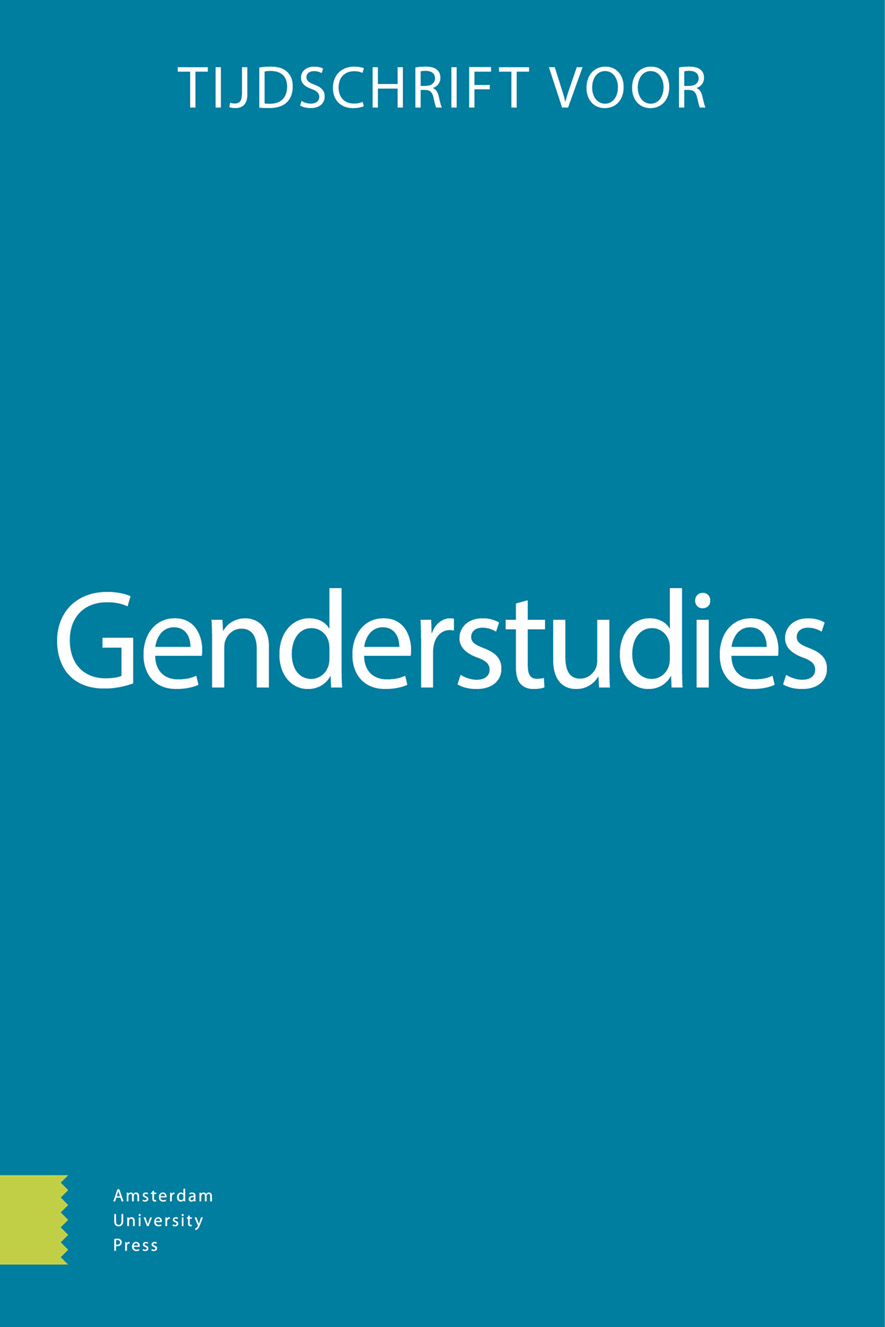-
oa De keukentafel en de keukendeur – klassenverschillen in de verdeling van huishoudelijke arbeid
- Amsterdam University Press
- Source: Tijdschrift voor Genderstudies, Volume 23, Issue 2, jun. 2020, p. 143 - 161
-
- 01 jun. 2020
Samenvatting
In the Netherlands, the redistribution of unpaid housework from women to men is very limited, despite the fact that women’s labour force participation and level of education have increased significantly over the past decade. We use the feminist economic household bargaining approach to analyse male partners’ contribution to housework, with primary data from heterosexual couples. We collected the data from two mutually exclusive groups who either supply or demand paid household services through two online agencies. The results show that, for the lower-class households (those supplying services), men do more unpaid housework when their female partner earns a relatively high income. For the higher-class households (those demanding services), we find no such effect for women’s income. Instead, we find that, when men earn relatively high incomes, they reduce their contribution to housework. Moreover, we find that, with a higher family income, more paid household services are hired. We conclude that, for the lower class, income insecurity seems to stimulate men to do more housework, allowing women to do more paid work, whereas, for the higher class, more personal and more family income appears to be an escape for men from doing more housework.


